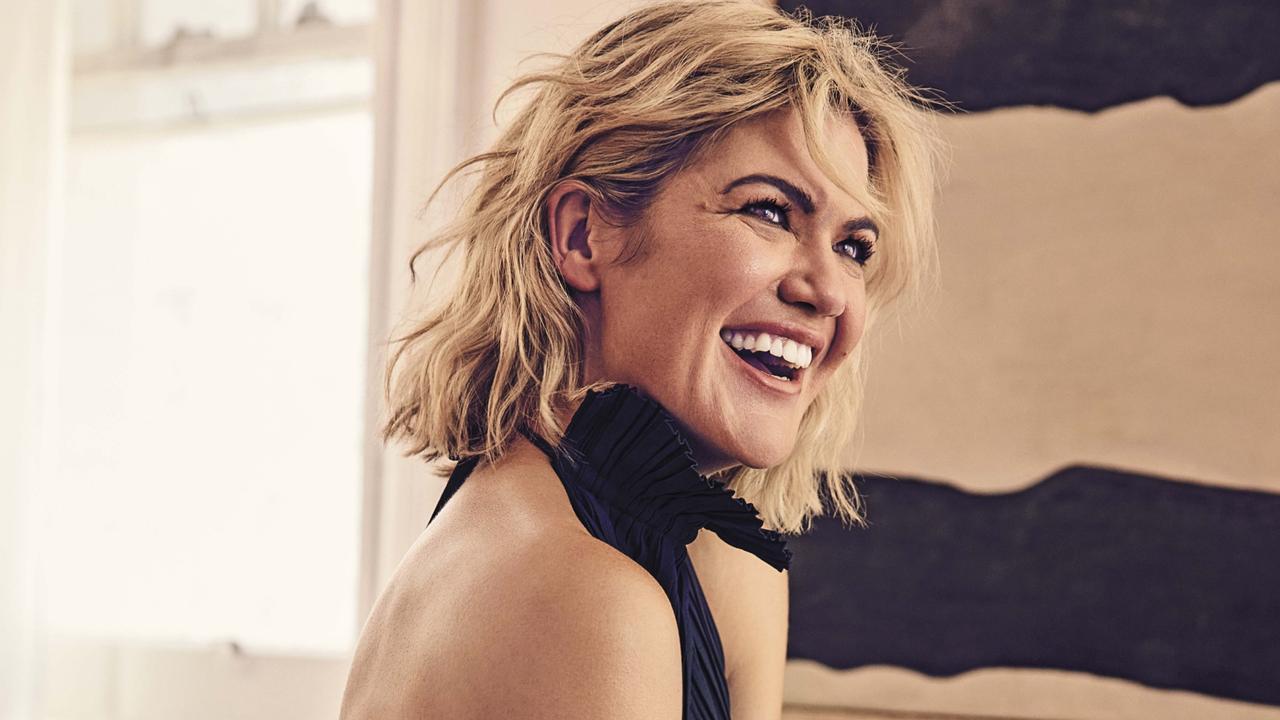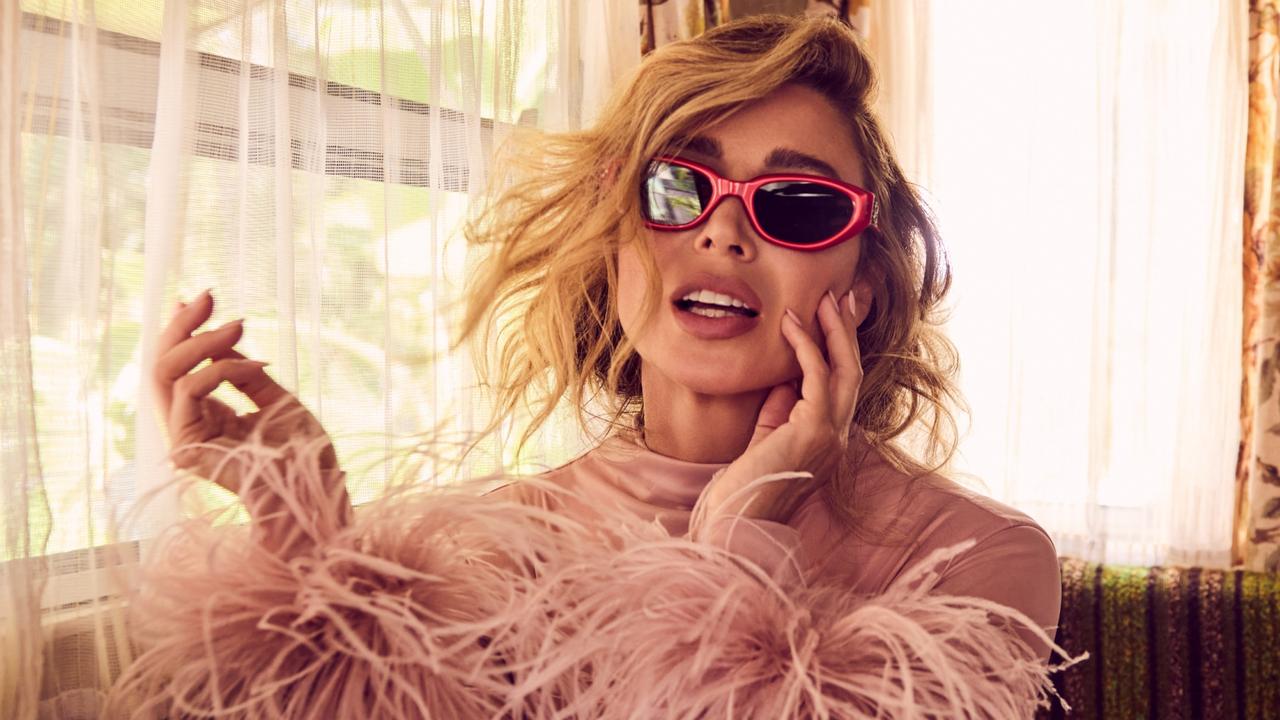Jodie Foster: ‘Fame is like taking steroids’
THE Oscar-winning actress on endless questions about The Silence of the Lambs, her relationship with her mum, and the Harvey Weinstein scandal.
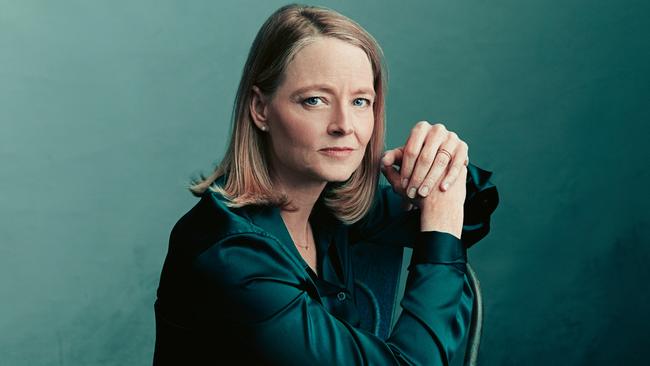
Stellar
Don't miss out on the headlines from Stellar. Followed categories will be added to My News.
THE Oscar-winning actress on endless questions about The Silence of the Lambs, her relationship with her mum, and the Harvey Weinstein scandal.
Last month in London, you presented a screening of 1991’s The Silence Of The Lambs at the British Film Institute. Does it feel like people are never going to stop asking you about that movie?
Yeah, and that feels great. It’s a good movie; I wish I was more responsible for [it]! It inspired all of us to do the best work of our lives, and I’m sure all of us are sitting back going, “We’ll never be that good [again].” It’s interesting how timeless it is. You’d think, “Oh, serial killers, the early ’90s... it’s going to be dated.” But aside from the shoulder pads, it’s really held the test of time.
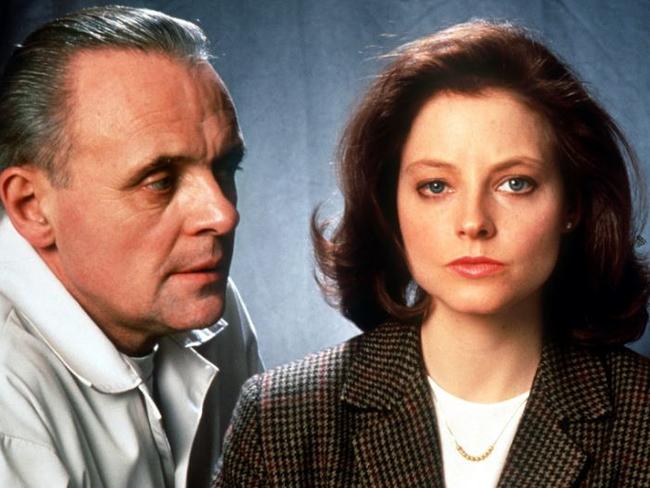
You won your second Oscar for that film — but you act less and less these days. Are you sad the so-called “cinematic experience” seems to be disappearing?
Well, yeah, I’m sad that something meaningful in my life is no longer happening. Studios were fracking. They just wanted to get the last bit of shale out of the film business for their stockholders, and they made a decision to have everything be a $200 million superhero film. And when they made that decision, they changed the viewing habits of filmgoers who will never be back. And that’s sad.
You act less, but direct more. Does directing compensate for that loss?
I hope so. It’s an interesting psychological moment. People say without applause, you’re nothing. Without being on the cover of a magazine, you’re nothing. Without being exploited, you are nothing. Having never known anything else in my life, it was a big step to say, “Maybe I could be something else.”
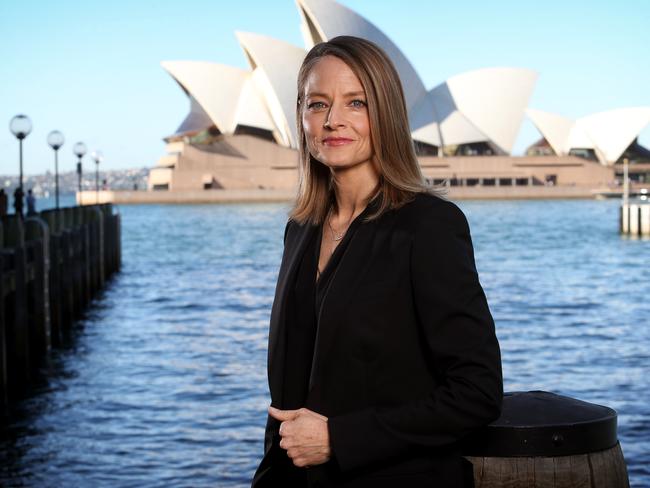
Was it difficult to make the transition?
I don’t know if it was difficult, but I feel the difference. Being an A-list movie star is a bit like taking steroids, right? Somebody injects you and you look like a Michelin Man for 35 years and every time somebody walks in the room, everything you say makes them laugh. Everything you say is important. Then one day you stop taking the injections and you’re not powerful anymore. Nobody laughs at your jokes. It takes a minute to be able to understand that that other person in the mirror was not who you are.
But when you became a director [with a 1988 episode of the anthology TV series Tales From The Darkside], would people listen to you because you were a director — or because you were already a star?
I don’t know. I was 25 or 26, I wasn’t conscious of anything. I was creating with love; I didn’t understand how people perceived me. I do find now that actors have an easier time [with] me; I obviously have experience with what they’re going through.
Now you have directed an episode of another anthology TV series, Black Mirror, which involves a mother, a daughter and parental control through technology. Would you ever use technology to control your own children?
No — though there are certainly a lot of temptations there. I could have the passwords on my kids’ computers, and I don’t. My son [Charles] is 19; the things I had to accept, the lack of control I had to accept, allowed me to have a relationship with him where he can call me in the middle of the night and say, “I’m worried about my girlfriend” or “Sometimes I cry and I don’t know why.” I have that relationship with him now because I didn’t subsume him when he was 12.
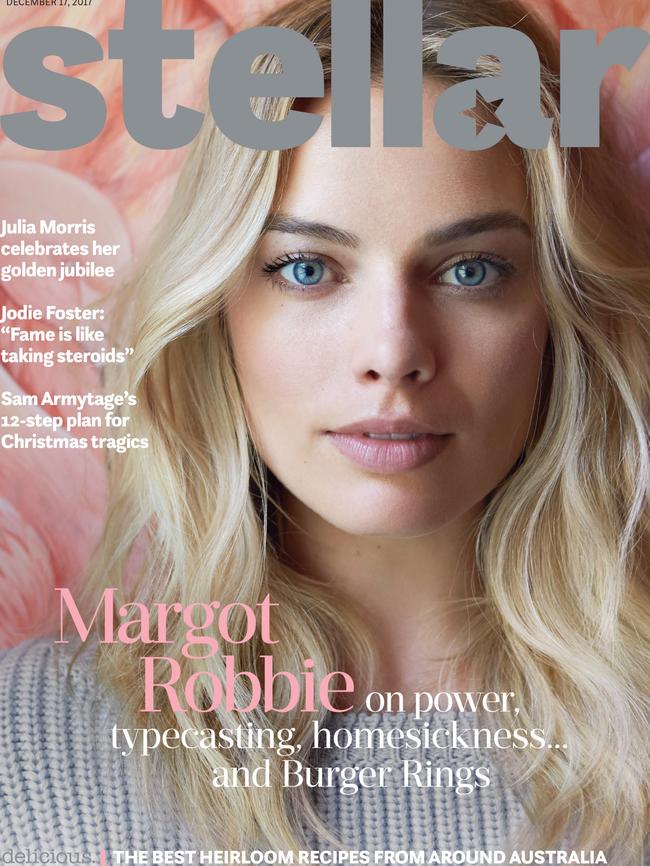
You have spoken about your own positive relationship with your mother, and how when you made 1994’s Nell you were away from her for four months, came back and your bond was even stronger.
Yeah — I will never have a more significant relationship than with my mother. No-one will ever know me the way she did. It’s very complicated. There was a lot of struggle involved about understanding where I started and she left off — and I think it was harder for her than for me.
You have been working since you first appeared in a TV ad aged three. But the Weinstein scandal has rocked Hollywood like nothing else in decades — perhaps ever. Do you have anything to say about it?
I never worked with Harvey Weinstein. I don’t feel like anyone needs another soundbite from me about the scandal. I can certainly speak to women’s issues; there isn’t a woman I’ve ever met that hasn’t had some sexual harassment or inappropriate sexual context in their workplace or other places. We don’t talk about it, because of all sorts of issues: shame, not wanting to be sexualised. But it’s good to hear these stories. I don’t want to talk about gross guys in bathrobes; what has been of interest to me is narratives of amazing, well-spoken, honest women. It’s given people, if they’re interested, a real richness of what the female experience is.
Black Mirror season 4 premieres Friday, December 29, on Netflix.
Originally published as Jodie Foster: ‘Fame is like taking steroids’

